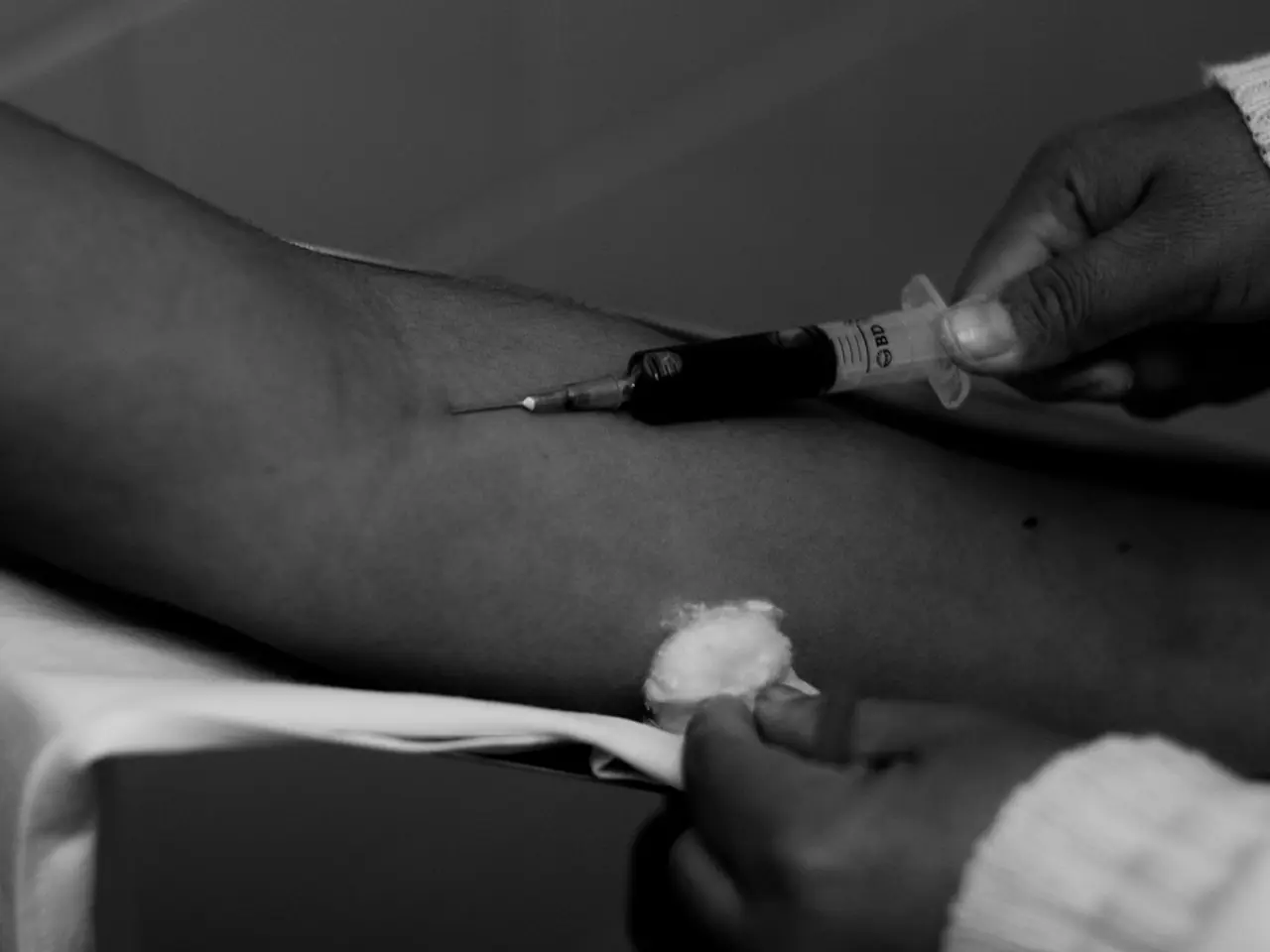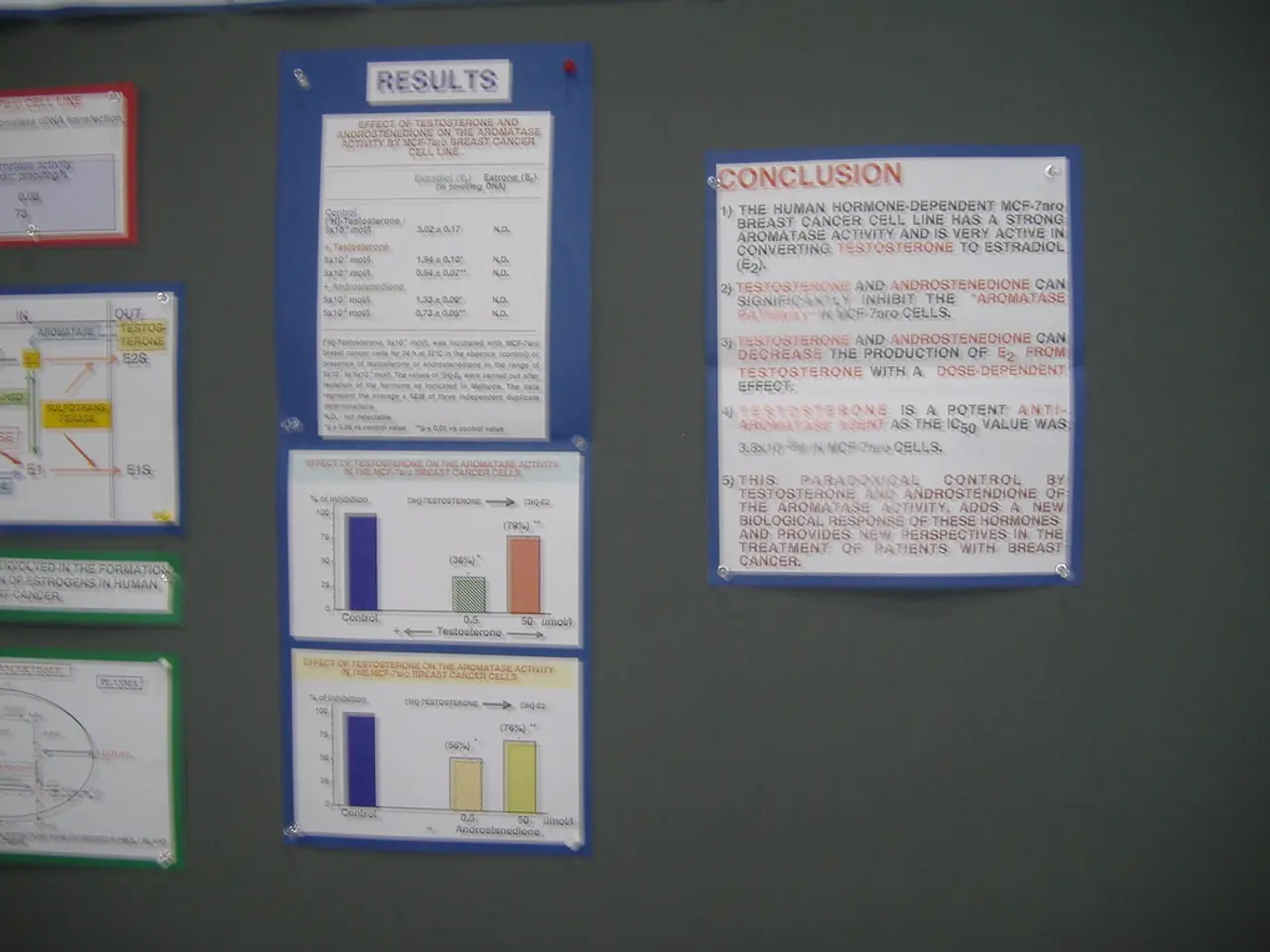Legislation Approves HIV-Positive Organ Donation Between Individuals
In a historic move, Spain has repealed a longstanding legal restriction from 1987 that prohibited HIV-positive individuals from donating organs. As of July 8, 2025, HIV-positive patients in Spain are now legally allowed to donate their organs to other HIV-positive patients [1].
This reform marks a significant policy shift, potentially expanding the pool of available organs for transplantation. Medical data suggest that over the past decade, about 65 HIV-positive individuals could have donated organs, enabling up to 165 transplantations that were missed due to legal restrictions [1].
The move addresses the needs of approximately 50 HIV-positive patients in Spain who currently await organ transplantation. With this reform, they may now receive organs from HIV-positive donors, increasing their chances of successful transplantation and reducing wait times [1].
The reform is part of broader efforts to eradicate social stigma against HIV-positive individuals by recognizing their right and ability to contribute to life-saving medical procedures such as organ donation [1].
Historically, transplantation in HIV-positive patients was considered high risk. However, since the advent of modern antiretroviral therapies, outcomes have improved significantly. By December 2024, hundreds of organ transplants involving HIV-positive recipients—including kidney, liver, lung, heart, and pancreas-kidney transplants—had already been successfully performed, suggesting the medical community’s confidence in safe transplantation practices involving HIV-positive donors and recipients [1].
Spain’s initiative could influence other countries to reconsider similar restrictions, encouraging wider acceptance of organ donation among HIV-positive populations internationally. However, it's worth noting that in some regions, such as Catalonia, HIV-positive individuals remain ineligible to donate blood, indicating that this reform currently applies specifically to organ transplantation [1].
The National Transplant Organization (ONT) will be responsible for establishing the action protocols and tracking mechanisms required for evaluating the results of organ transplants between people with HIV. These protocols will then need to be adopted by the Transplant Commission of the Interterritorial Council of the National Health System [1].
The shift in the perception of HIV as a contraindication for organ transplantation began around the start of the century due to promising results from early transplant experiments. The international scientific community started to question the need for HIV to be a contraindication for transplantation, and Spain now joins these countries in allowing organ transplants between HIV-infected individuals [1].
The change is expected to increase the availability of organs for all patients on the transplant waiting list, potentially improving survival rates and quality of life for HIV-positive recipients. It could also lead to increased healthcare system efficiency by decreasing overall organ shortage and waiting list mortality [1].
Sources: [1] https://www.boe.es/buscar/act.php?id=BOE-A-2025-7124
- As society continues to evolve, this policy shift in Spain could potentially influence the fashion of donating organs, inspiring more individuals living with HIV to become donors.
- The eradication of the legal restriction on organ donation by HIV-positive individuals opens doors for health and wellness improvements, not only for those in Spain with HIV but also for individuals suffering from various medical conditions.
- With increasing attention being paid to mental health and sexual health around the world, this progressive move by Spain sets a precedent for recognizing the rights and abilities of HIV-positive individuals to contribute to various aspects of life, such as donating organs for medical procedures and improving overall health outcomes.




